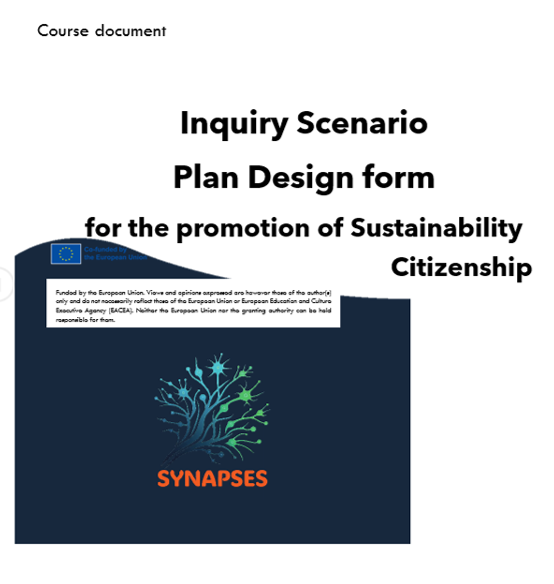Pollinators play a crucial role in ecosystems by facilitating the reproduction of flowering plants. These plants depend on pollinators such as bees, butterflies, birds, and bats to transfer pollen from one flower to another, enabling fertilization. This process results in the production of seeds and fruits, which are essential for plant reproduction and biodiversity. Moreover, pollinators contribute to the stability and health of ecosystems by supporting food webs. Many animals, including humans, rely on pollinated plants for food. Thus, pollinators are integral to the sustainability of natural habitats and agricultural systems.
This project tries to involve young people on the preservation of the pollinators, developing the idea that even in the cities, is important to promote their preservation to keep the balance of all ecosystems.
Students will discover what are the pollinators, their role on ecosystems, specially on plant reproduction, their habitats and the threats to their existence. Through work group, they will plan and build, using reusable materials, support structures to pollinators (feeders, bird drinkers, nests, insect hotel), participate in the renovation of some flower beds and put their constructions in place in order to create a pollinator-friendly garden.


